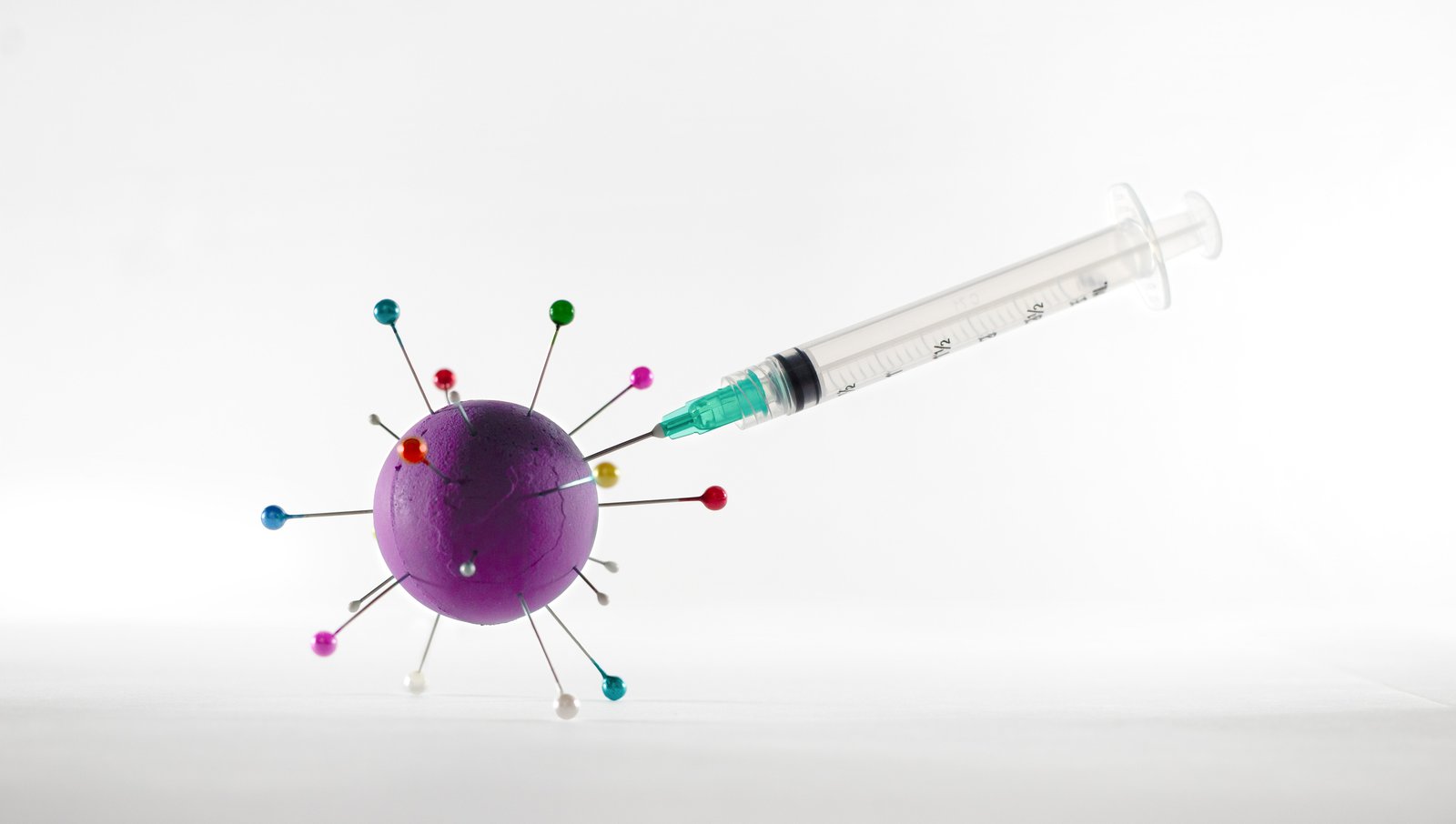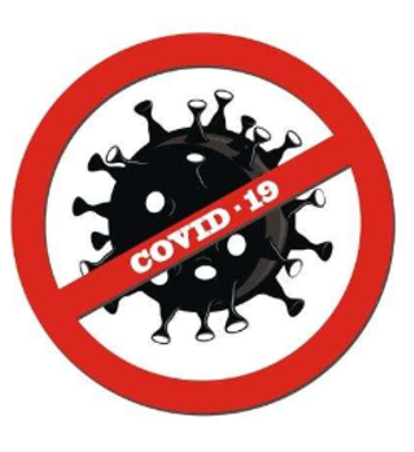Dialysis and COVID-19 vaccine

- It has been proven that the risk of serious complications of COVID-19 and death is sharply reduced in vaccinated patients, who are treated with renal substitution therapy compared to unmedicated patients. However, the risk remains higher than for healthy people
- All vaccines underwent severe safety tests before being approved. They are not live vaccines, and there is no evidence that they lead to complications of CBPs or rejection of kidney transplants
- People with kidney diseases who receive immunosuppressants may have a poor response to vaccines, but nephrologists recommend vaccination anyway because minimal protection is better than no protection at all
- Even after you have received both doses of the vaccine, patients at risk of COVID-19 infection must continue to follow closely all known anti-epidemic activities
- Moreover, Kidney Care UK is now campaigning to further protect people with immunodeficiency, who are advised to give priority to a third dose of the vaccine

- The findings of previous studies have shown a decline in immune response in patients with CKD, especially older patients and those receiving antimetabolites (mycophenolate or azathioprine) or other combinations of immunosuppressive drugs. Researchers have suggested that patients with CKD in the prenatal stages are more effective than patients in dialysis and kidney transplant recipients. Younger recipients with well-functioning kidneys have a better vaccination response than elderly recipients. More information on current research on this issue is provided below
Several studies are underway to determine how well patients with CKD respond to vaccination. For example, the results of an observational study by OCTAVE, published as preprints, showed that more than half (55%) of patients with a transplanted kidney had been found to have antibodies after vaccination. Antibody levels varied depending on the vaccine used. Patients receiving the Pfizer vaccine were more likely to have antibodies (approximately 7 out of 10 patients) than those receiving the AstraZeneca vaccine (approximately 4 out of 10 patients). The authors concluded that kidney transplant recipients with more COVID-19 antibodies used the Pfizer vaccine at least one year after transplantation and received minimal immunosuppression (1 drug separately, not a combination of 2 or more anti-rejection drugs). However, the lack of a vaccination response does not necessarily mean that there is no protection against COVID-19, as observational studies describe patterns, but do not necessarily determine what happens next.
Another European research showed that the booster (extra) dose of the vaccine improves the vaccination effect in patients on dialysis. The authors also noted a change in the severity of COVID-19 after the asymptomatic vaccination, a decrease in the frequency of hospitalization, and a decrease in the mortality of patients with dialysis.



